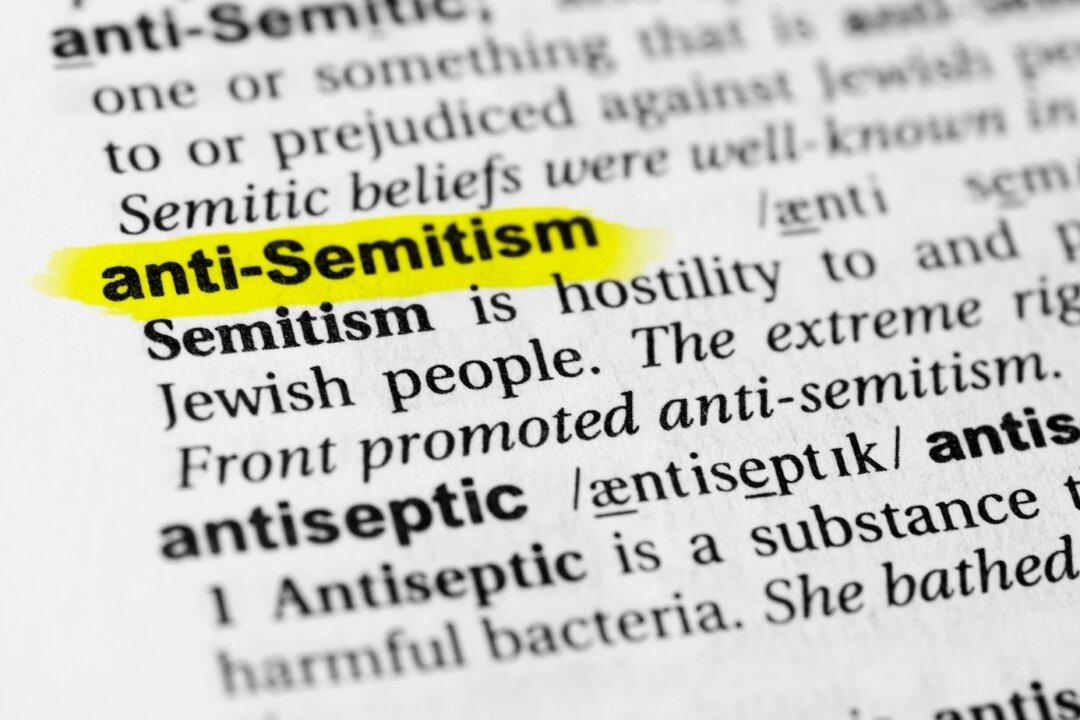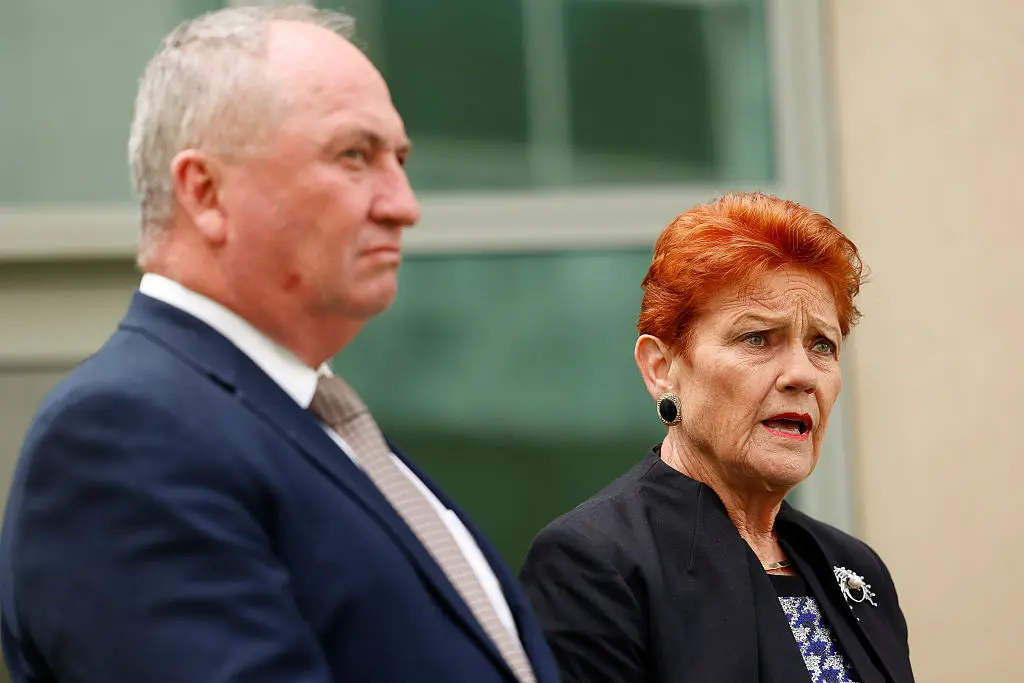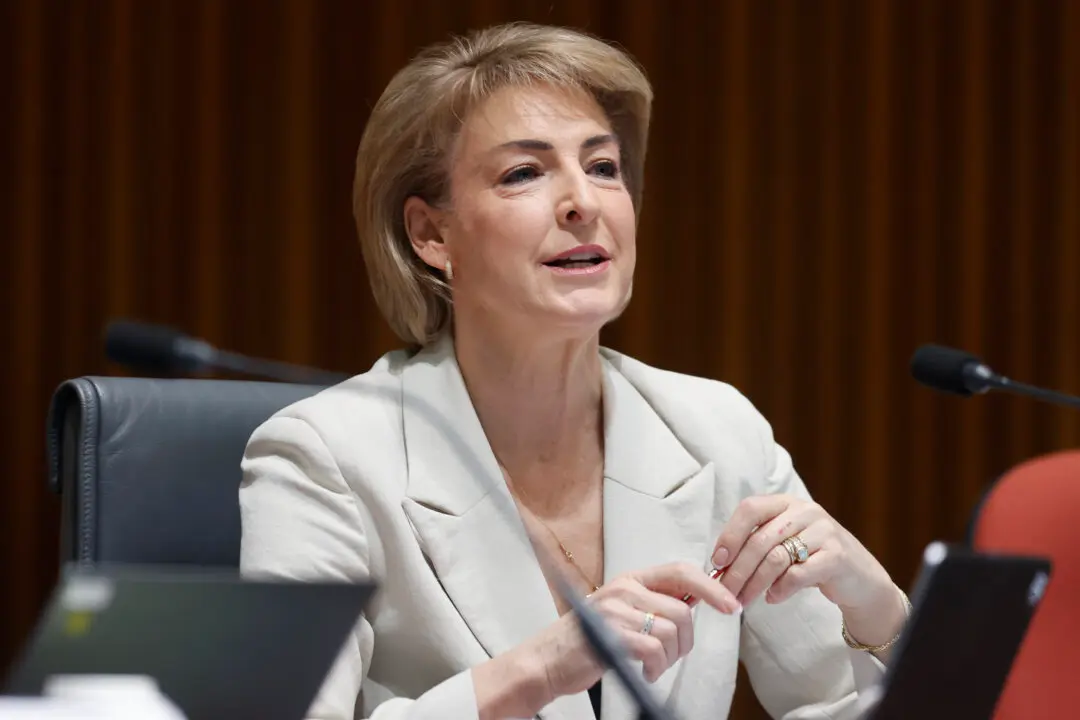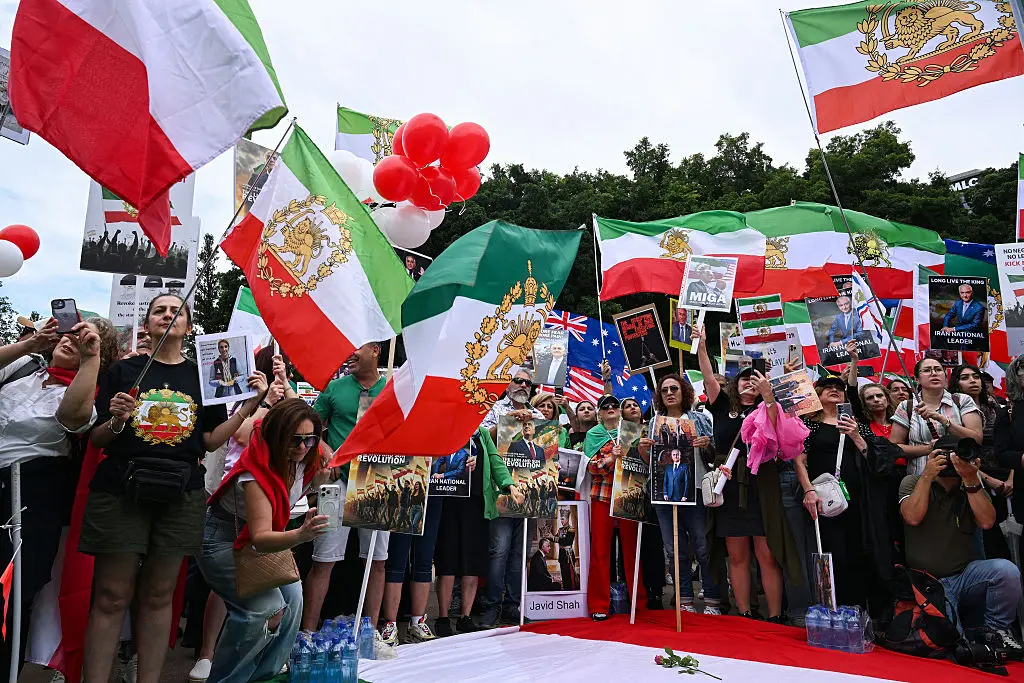The Australian Parliament has passed new hate speech laws, introducing harsher penalties, including mandatory minimum prison sentences for displaying terror symbols and committing certain terrorism-related offenses.
The legislation, which cleared the Senate on Feb. 6, creates new offenses targeting threats of violence against specific groups based on race, religion, sexual orientation, gender identity, disability, or political opinion.





